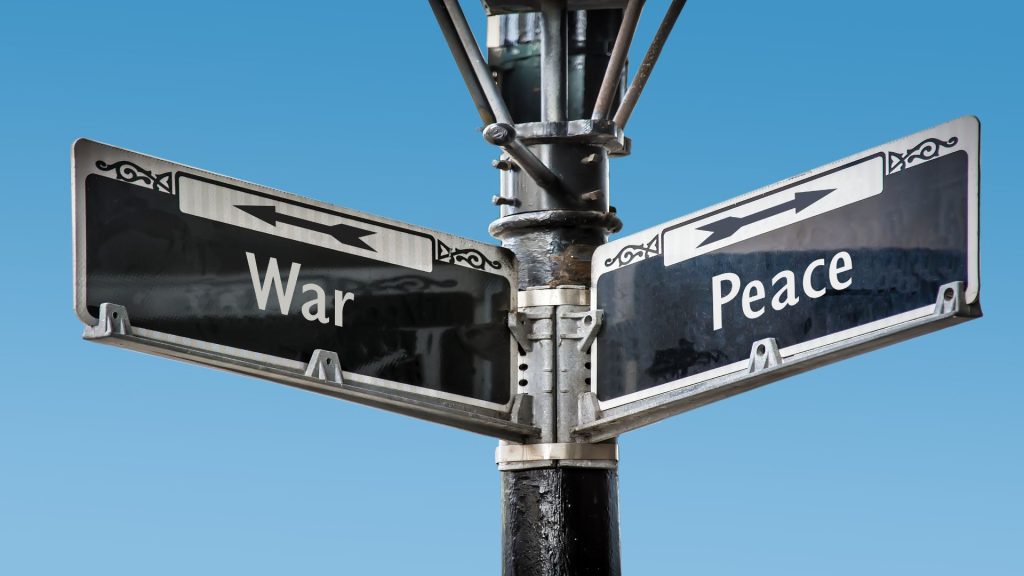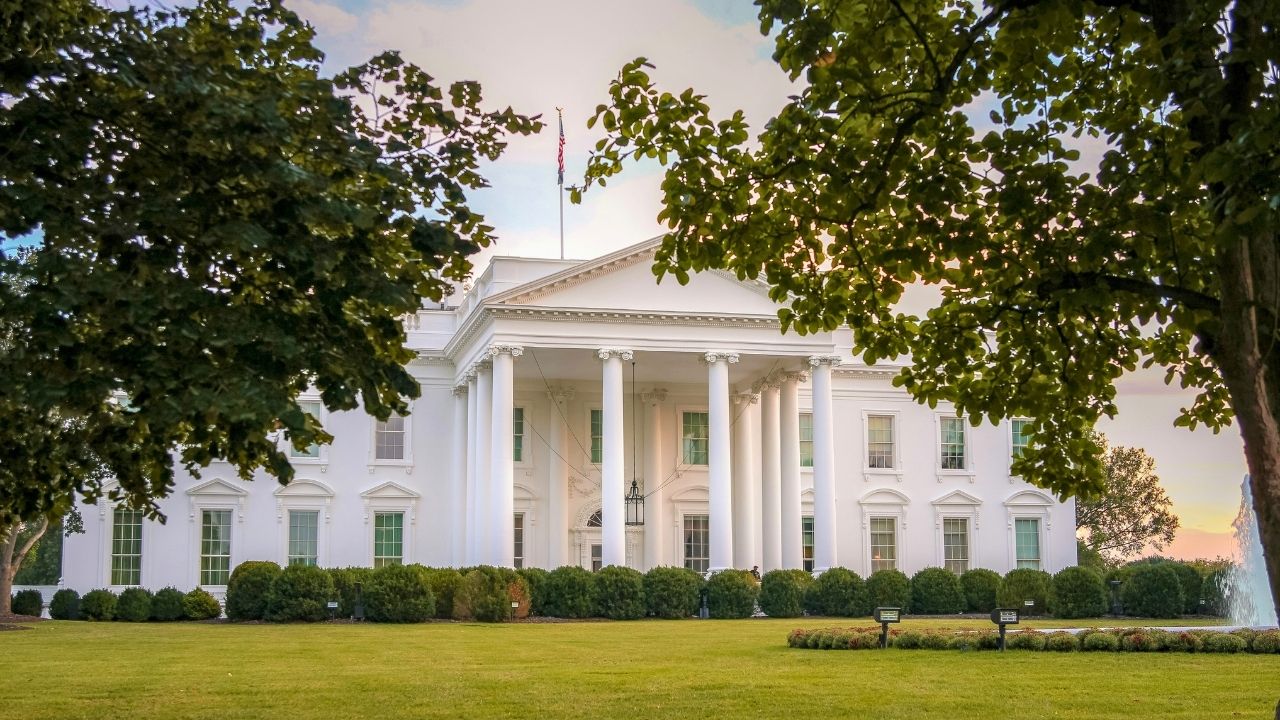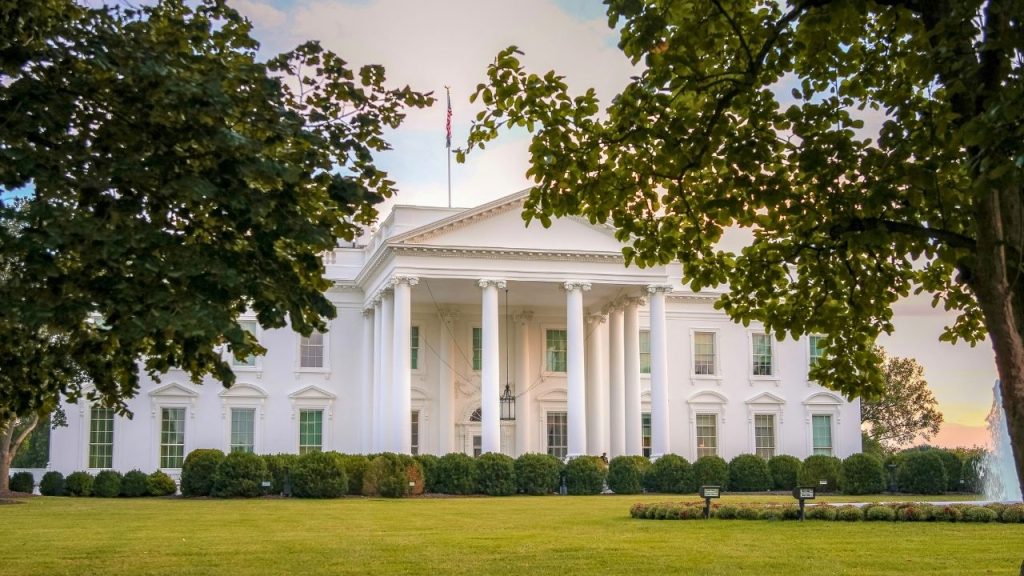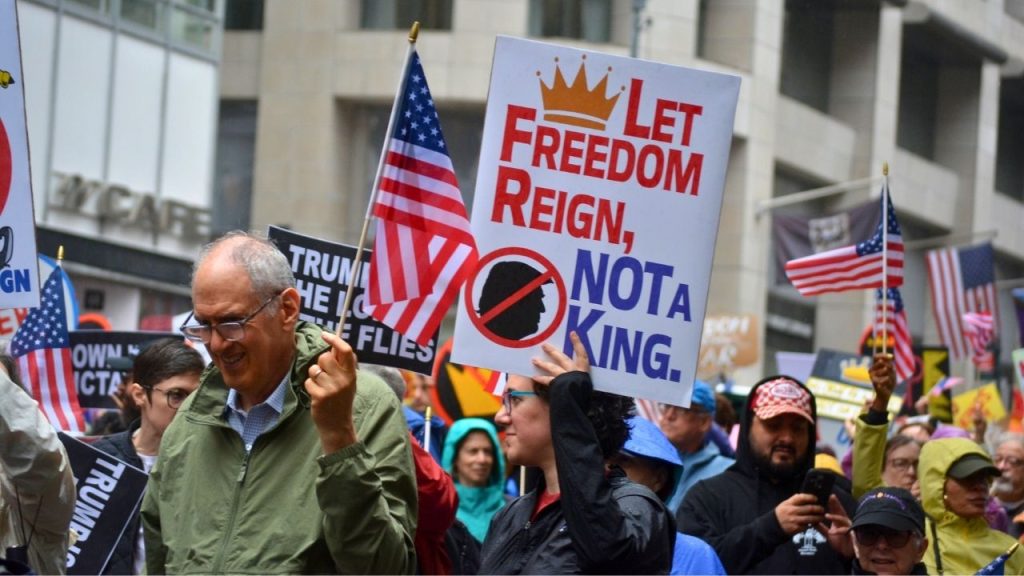Today, the world bears witness to a rare moment of relief as the release and return of Israeli hostages brings a development that demands acknowledgment and respect from the world.
Diplomacy, negotiation, and perhaps sheer moral pressure have converged to bring loved ones home. An achievement many considered improbable. Whatever credit is due, whether to governments, intermediaries, or back-channel deals, it is right to pause and honor the humanity in that accomplishment.
Trump’s Self-Styled Role as Peacemaker
And yet, even as the hostages step off planes and embrace waiting families, we find ourselves confronted by a paradox. A President who styles himself as a peacemaker on the global stage, but whose domestic approach flouts harmony and mocks restraint.
In The New Yorker, Susan B. Glasser’s essay “Trump, the Self-Styled ‘President of PEACE’ Abroad, Makes War at Home” dissects this doubling of persona. Trump now claims credit for brokering the Gaza cease-fire and presenting himself as the leader who ended hostilities.
But the article reminds us that many of his “peace” claims are distortions or outright exaggerations. Some of the wars or disputes he claims to have ended barely existed, while others linger unresolved.
Conflict on America’s Streets
The hostage release fits into his self-fashioned narrative, which is not surprising. It provides a high-profile, emotionally resonant achievement that bolsters his branding abroad.
But at home, Trump has embraced a language of confrontation. He labels cities like Portland, Chicago, and New York as “war zones,” deploying the National Guard and casting threats of invoking the Insurrection Act. Critics argue he is manufacturing a threat to justify expanded executive authority. He frames internal dissent as an “enemy from within” rather than a healthy part of democratic life.
The Paradox of Peace Abroad, War at Home
The contrast is painfully obvious. Abroad, he promises peace, but domestically, he wages rhetorical and structural war. This dynamic raises many questions about authenticity, purpose, and power. If a leader’s greatest peacemaking success abroad is paired with a posture of siege at home, what kind of presidency does that produce?
The signals it sends are chilling. That internal dissent is dangerous, that concentrated authority is necessary, that the state must always guard against its own citizens.
Unsteady Ground Beneath Diplomatic Victories
Further complicating the picture is the vulnerability of the diplomatic gains themselves. The hostage release is cause for celebration, but negotiations in the Middle East have a fragile history. Abrupt policy changes, inconsistent strategies, or neglect of underlying issues may undo what has been achieved.
The psychological optics cannot be ignored either. The spectacle of applause for peace abroad contrasts with a domestic theater of fear. This duality may cement a political mythology of the leader as savior abroad and enforcer at home.
But myths, over time, collide with reality.
Why the Dual Narrative Matters
One could argue that every presidency is composed of contradictory impulses. But the risk with Trump’s particular contradiction is that the peace narrative becomes a veneer for authoritarian tendencies. The greater the public is dazzled by his foreign policy victories, the more he may be emboldened at home.
To judge 2025’s hostage return as an unalloyed diplomatic breakthrough is understandable, and perhaps necessary, for the families involved. Yet we must not allow it to obscure the deeper tensions in Trump’s approach.
If peace abroad is treated as a trophy, can America also find peace at home?
Photo Credit: Peace and War (pixelvario/shutterstock)









